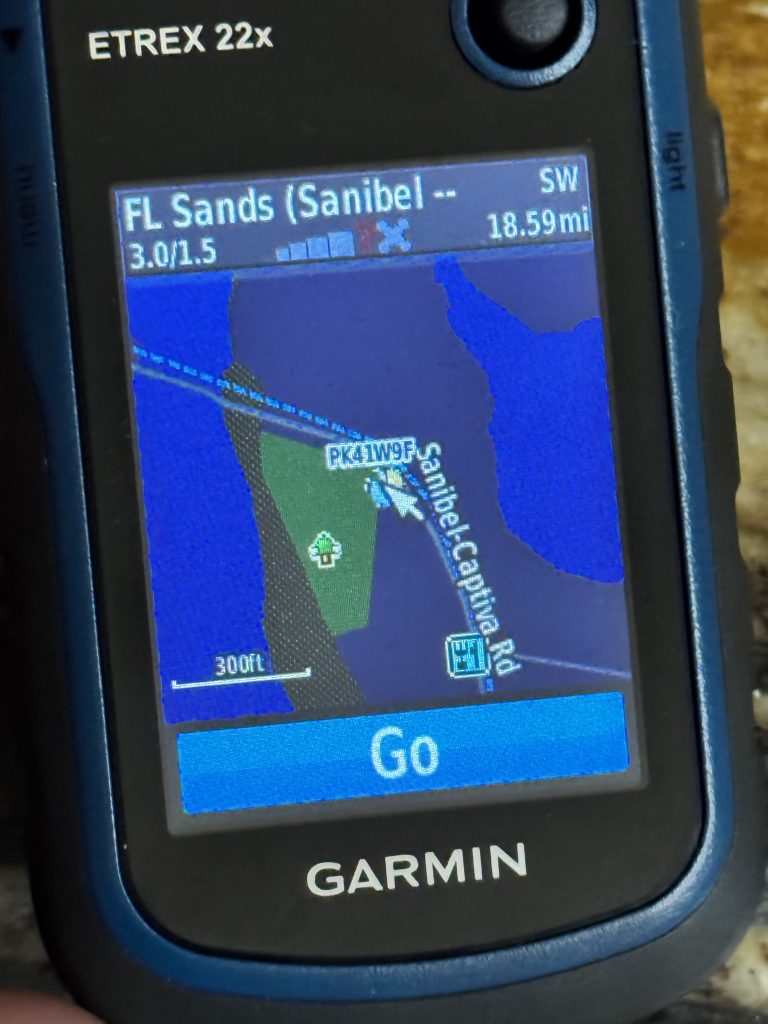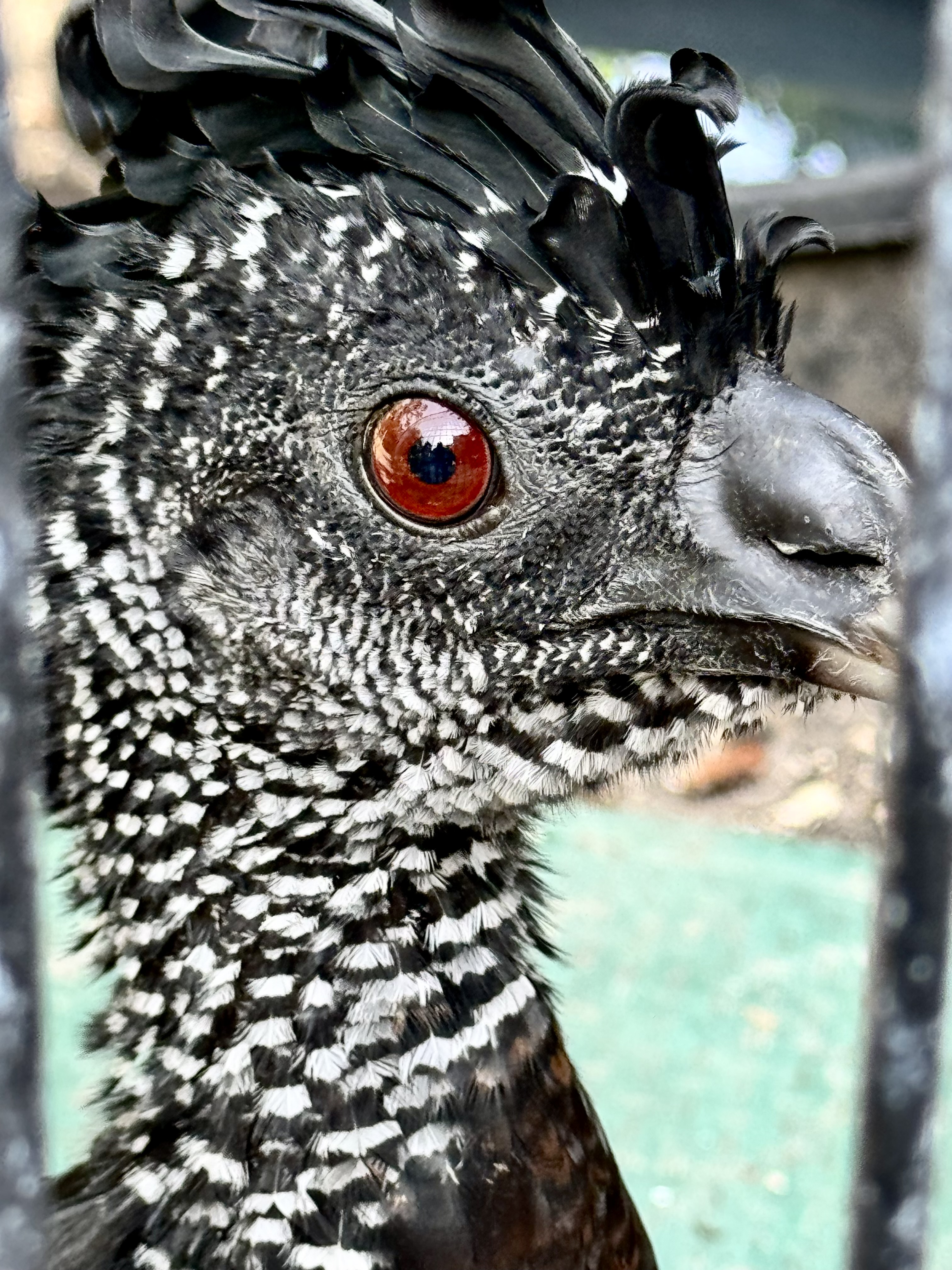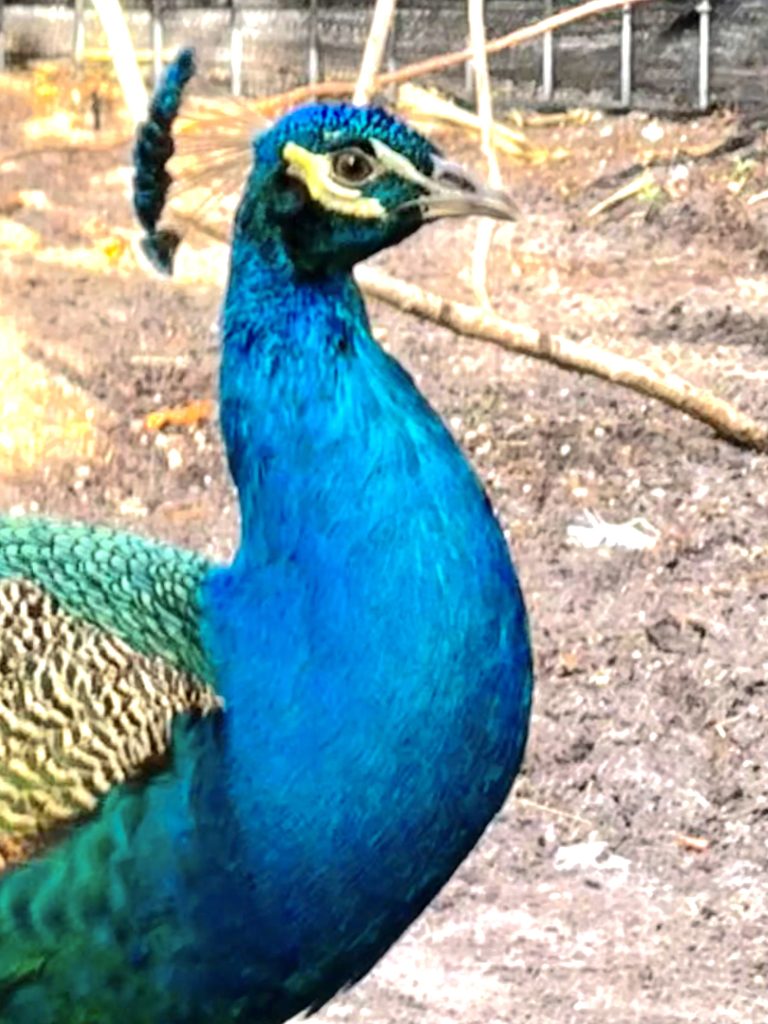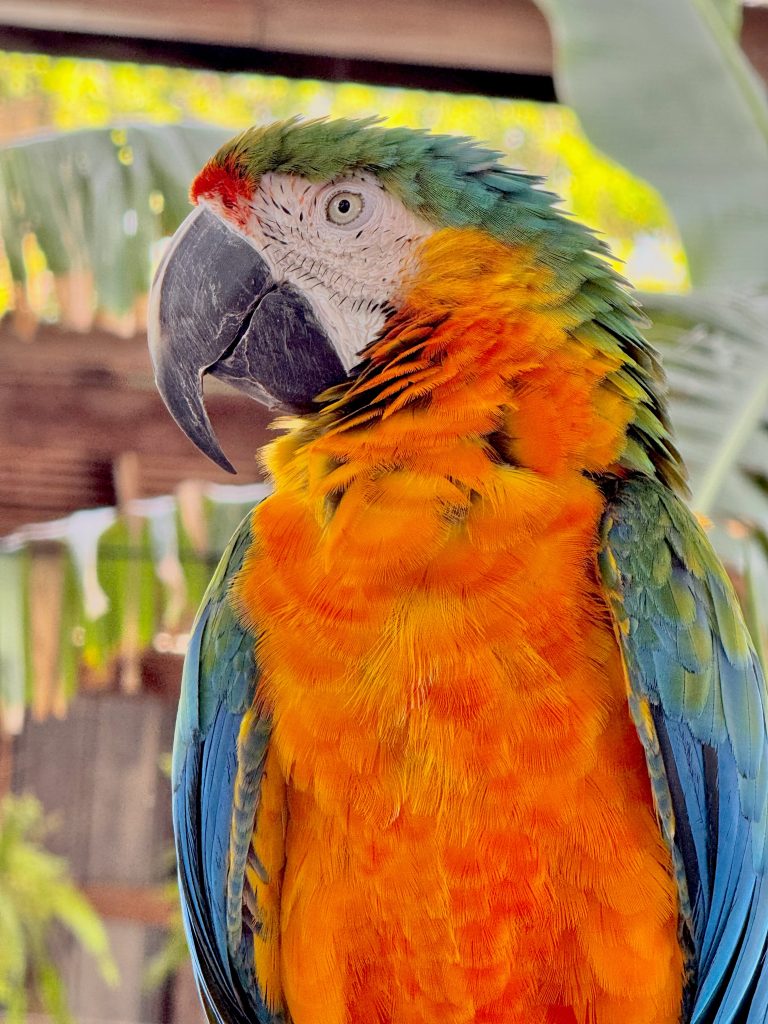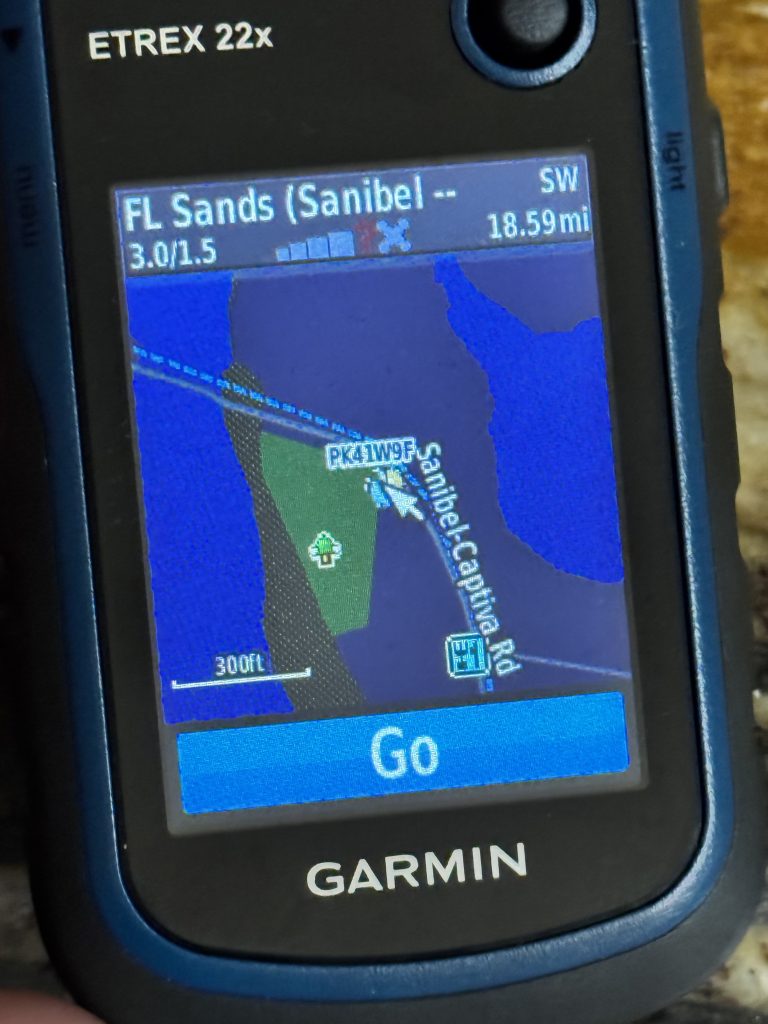- A phosphene is the phenomenon of seeing light without light entering the eye. Thanks, Ms. Optometrist.
- Apophatic translates to negative theology, or teaching beyond reason or language.
- The global ship tracking website is great for spying on all of the marine vessels in the area. I’ve been observing a lot of watercraft in the bays and gulf and wondered where they were coming from and going to. This helps.
- It’s quite possible the Game, colloquially named “Rabbits” has been going on for centuries and from China.
- Also while driving up and down southwest Florida, I was curious to know how big my work responsibilities actually were. Apparently I am responsible for approximately 270 square miles from the tip of Captiva Island down to North Naples. Wow,

I first discovered this phenomenon in 2023, the year of the Rabbit





